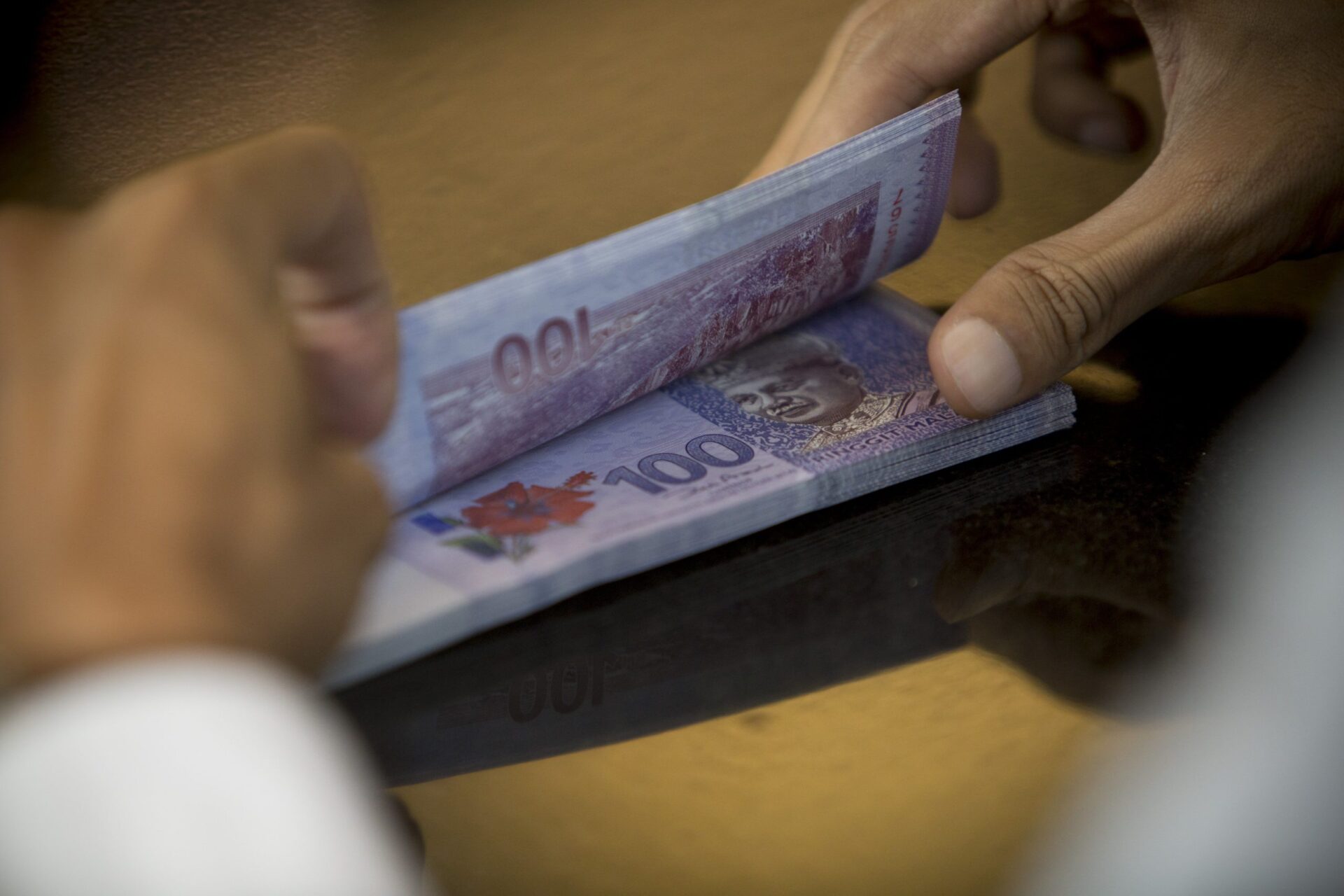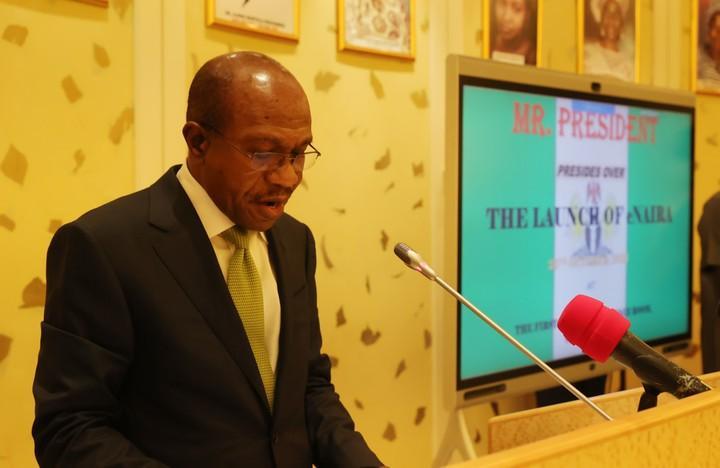- Africa Losing $80bn Annually to Illicit Financial Flows -Ex-TI Boss
The Chairperson of the International Anti-Corruption Conference Council, Akere Muna, on Monday disclosed that Africa is losing between $50bn and $80bn annually through illicit financial outflows.
Muna disclosed this in a keynote address he delivered at a Conference on Promoting International Co-operation in Combating Illicit Financial Flows and Enhancing Asset Recovery to Foster Sustainable Development held at the old Banquet Hall of the Presidential Villa, Abuja.
The former Vice Chair of Transparency International said despite the inflow of development assistance into the continent, Africa still remained what he called a net creditor.
He said, “Our continent is losing anywhere from $50-$80bn annually through illicit financial outflows, and despite the inflow of development assistance, Africa still remains a net creditor.
“Some will zero in on the numbers, arguing that the magnitude has been skewed by one measure or another. This is a non-issue, as the magnitude of these outflows is undeniable. The exactitude of the figures is secondary.
“Global capital flows have grown much faster than GDP and trade since 1980 but the global financial system continues to look unprepared and, in some cases, simply reluctant to effectively regulate large volumes of cross-border flows.”
Muna described public data as an essential tool in order to track Illicit financial flows, adding that access to records on beneficial ownership through country-by-country reporting appears as the ultimate way to go.
He said for illicit financial flows to be tracked, there was the need to know how they move.
According to him, to recuperate them, there was the need to know where the flows are parked.
“If we do not know who the beneficial owners are in business transactions, it is very difficult for the funds to be reclaimed.
“Exacerbating these problems in the phase is the use of real estate and luxury goods, and even large-scale farming to park illicit funds,” he added.
He described the fight as global, hence the need to be engaged by the originating countries and the destination countries with the same vigour.
Muna lauded the Muhammadu Buhari administration for making the fight against corruption its number one priority.
He noted that the fight against corruption on the continent is the fight for the soul of Africa.
He added, “As you know or must have found out by now, when you fight corruption, it fights back.
“The fight against corruption in our continent is indeed the fight for the soul of Africa.
“How much longer will we watch our resources depleted and the future of our children mortgaged for the sake of a greedy few?
“The winds of change are blowing across our continent, and they are inevitable. Our young people know better, want better and deserve better.
“For those who feel that their own personal interest can always take precedence over that of their people, they should take a good look at history. We can certainly hide to do certain things, but it is certain that we will never be able to always hide the things we do.”



 Naira4 weeks ago
Naira4 weeks ago


 Naira3 weeks ago
Naira3 weeks ago




 Naira3 weeks ago
Naira3 weeks ago




 Naira4 weeks ago
Naira4 weeks ago




 Naira2 weeks ago
Naira2 weeks ago
 Commodities4 weeks ago
Commodities4 weeks ago


 Sport Business4 weeks ago
Sport Business4 weeks ago


 News3 weeks ago
News3 weeks ago




















